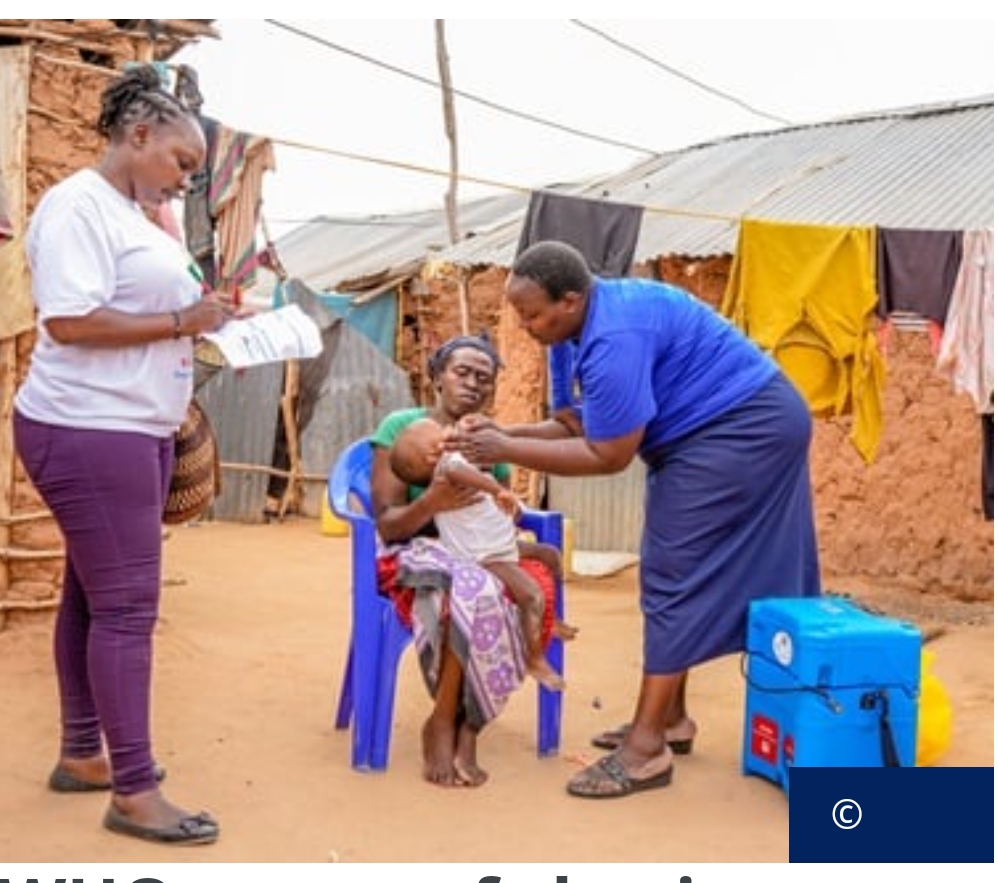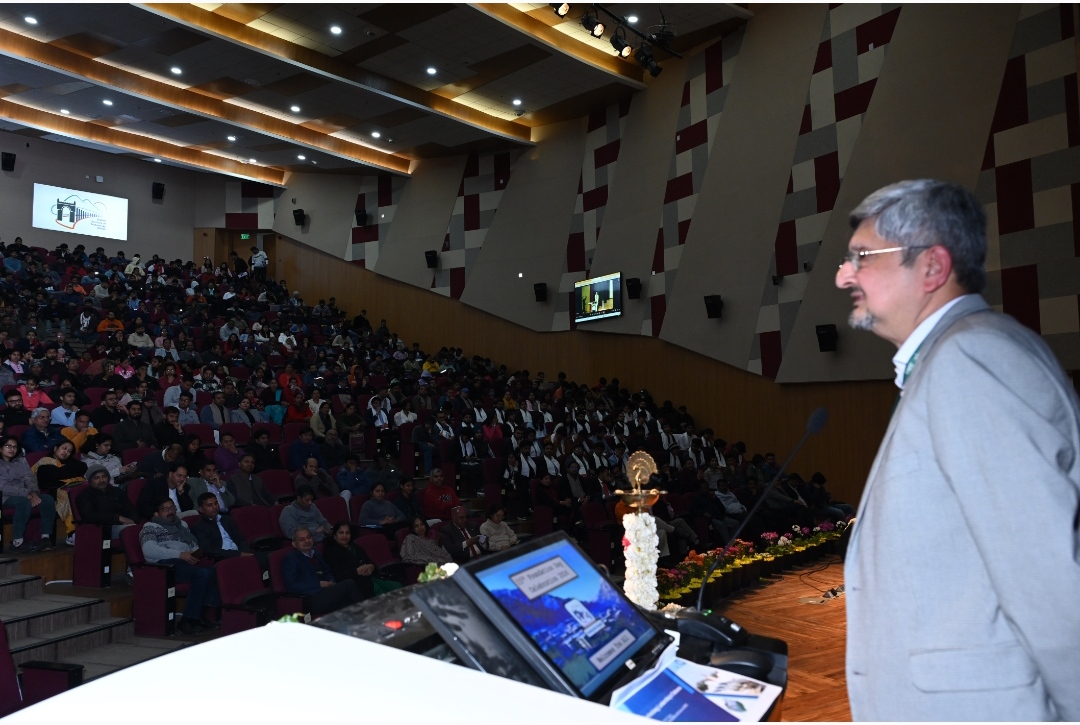Global Health Progress Stalls as WHO Report Reveals Deep Setbacks from COVID-19 Pandemic.
Geneva:
The World Health Organization (WHO) has sounded an urgent call for action following the release of its World Health Statistics Report 2025, which paints a sobering picture of global health in the wake of the COVID-19 pandemic. The report reveals that in just two years—between 2019 and 2021—global life expectancy fell by 1.8 years, the largest decline in recent history, effectively wiping out a decade of health gains.
The pandemic not only took lives but also significantly reduced overall health and well-being. The report highlights that global healthy life expectancy dropped by six weeks, largely due to a surge in mental health conditions, including anxiety and depression, triggered by the pandemic. These losses negated much of the progress made from reduced mortality related to noncommunicable diseases (NCDs) during the same period.
Triple Billion Targets at Risk
The WHO’s Triple Billion targets—designed to ensure more people live healthier lives, access essential health services, and are protected from health emergencies—have shown mixed progress. While an estimated 1.4 billion people were living healthier lives by the end of 2024, surpassing the initial goal, progress in health service access and emergency preparedness lags behind. Only 431 million people gained access to essential health services without financial hardship, and 637 million were better protected from health emergencies, both far short of expectations.
Maternal and Child Mortality: A Growing Concern
The report expresses concern over slowing progress in reducing maternal and child mortality. After two decades of consistent improvement, gains have now stalled. From 2000 to 2023, maternal deaths fell by over 40% and under-five child deaths were halved. However, underinvestment in primary healthcare, shortages of skilled health workers, and gaps in services like immunization and safe childbirth are threatening further progress. Without immediate action, the world risks losing the opportunity to prevent 700,000 maternal deaths and 8 million under-five deaths by 2030.
Chronic Diseases Driving Premature Mortality
The WHO report identifies noncommunicable diseases (NCDs)—including heart disease, stroke, diabetes, and cancer—as the leading causes of premature death globally. These conditions now account for the majority of deaths among people under 70. While some progress has been made, particularly in reducing tobacco use and alcohol consumption, the overall trend remains off track for the 2030 goal of reducing premature NCD mortality by one-third.
Air pollution remains a major killer, and the global mental health crisis continues to worsen outcomes. A projected shortfall of 11.1 million health workers by 2030, mostly in the WHO African and Eastern Mediterranean regions, further complicates the recovery of essential health services.
Uneven Progress on Infectious Diseases
Though HIV and tuberculosis rates are declining, and fewer people require treatment for neglected tropical diseases, malaria is resurging and antimicrobial resistance continues to pose a serious threat. Alarmingly, childhood vaccination coverage has not yet rebounded to pre-pandemic levels, leaving millions of children vulnerable.
Financing and Data Gaps Undermine Recovery
WHO officials stress that uneven progress, data gaps, and unpredictable financing are undermining global health security. The pandemic has exposed critical vulnerabilities in health information systems, and international aid disruptions now threaten the most fragile health systems.
Dr. Tedros Adhanom Ghebreyesus, WHO Director-General, emphasized the human cost behind the statistics:
“Behind every data point is a person—a child who didn’t reach their fifth birthday, a mother lost in childbirth, a life cut short by a preventable disease. These are avoidable tragedies. Health progress is slowing. Every government has a responsibility to act, with urgency, commitment, and accountability.”
Dr. Samira Asma, WHO Assistant Director-General for Data, Analytics and Delivery for Impact, added:
“This report shows that the world is failing its health checkup. But countries have shown that rapid progress is possible. With speed, scale, and smart investments, every country can deliver measurable gains.”
The Path Forward
To reverse the setbacks and accelerate progress, the WHO urges sustained domestic and international investment, a strengthening of primary health care, and a renewed commitment to universal health coverage. The organization continues to support countries through strategies like SCORE and the World Health Data Hub, aimed at standardizing and improving health data for informed decision-making.
As the world heads toward 2030, the message from WHO is clear: global health progress is under threat, and decisive, collaborative action is needed now to prevent further loss of life and hard-won development gains.




